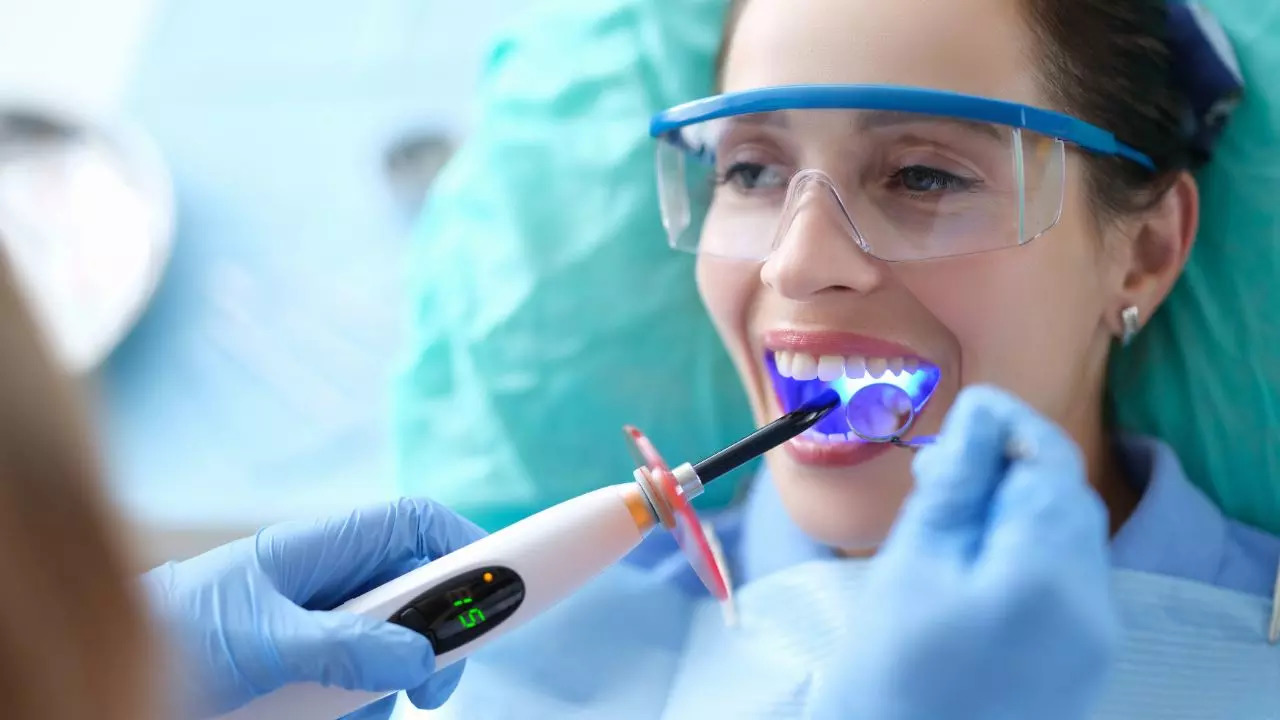Contents
Oral cancer risk factors: Experts explain how HPV increases risk and preventive measures
There are many factors that increase your risk of oral cancer. Some of the risk factors are; tobacco use which includes cigarettes, cigars, pipes, chewing tobacco and snuff, excessive alcohol consumption and human papillomavirus. Read on as doctors explain how HPV increases your risk of oral cancer and what are its preventive measures.

Learn how HPV increases the risk of oral cancer and ways to prevent it
Oral cancer, also known as mouth cancer, is a cancer that develops in any part of the mouth or oral cavity. This cancer can occur on the lips, gums, tongue, inner lining of the cheeks, roof of the mouth, and floor of the mouth. Oral cancer is one of the cancers that are classified under head and neck cancer. There are several factors that increase your risk of oral cancer.
Some of the risk factors are; tobacco use which includes cigarettes, cigars, pipes, chewing tobacco and snuff, excessive alcohol consumption, sun exposure of the lips, a weakened immune system and a sexually transmitted virus called human papillomavirus (HPV).
Speaking to Times Now, Dr Anita Malik, Senior Consultant-Oncology, Fortis Hospital, Noida, explained how HPV increases the risk of oral cancer.
HPV has become recognized as a significant risk factor for oral cancer, particularly oropharyngeal cancer, which affects the base of the tongue, tonsils, and oropharynx.
“HPV-related oral cancers are different from cancers caused by traditional risk factors, such as tobacco and alcohol use, and they are most commonly associated with HPV type 16. The virus can be spread through oral sexual contact and individuals with multiple sexual partners are at higher risk,” Dr. Malik said.
Unlike cancers caused by smoking, HPV-related oral cancers often affect younger, non-smoking individuals and may have a better prognosis if detected early, he said.
Dr Vigyan Mishra, head of Noida-based Neuberg Diagnostics Lab, shares some common symptoms of HPV-associated oral cancer:
- persistent sore throat or hoarseness
- difficulty swallowing
- unexplained weight loss
- lump in the neck or throat
- Ear pain
- Persistent cough or sore tongue
- Sores in the mouth that do not heal.
Precautions for oral cancer
- Avoid risky sexual behavior, such as having multiple partners or unprotected oral sex. This can help reduce the risk of HPV infection.
- Regular dental checkups are extremely important, as dentists can often spot early signs of oral cancer.
Preventive measures for oral cancer
Dr. Malik suggests that vaccination against HPV is one of the most effective ways to reduce the risk of HPV-related cancers, including oral cancer. The HPV vaccine, which is usually given in adolescence before becoming sexually active, can significantly reduce the chance of infection with high-risk types of HPV linked to cancer.
There are other ways to prevent the disease:
- Reducing tobacco and alcohol use: Reducing or eliminating the use of tobacco and alcohol, which are considered risk factors, may reduce the risk of oral cancer.
- Oral hygiene: Maintaining good oral hygiene can help in early detection and prevention of oral health issues that may lead to cancer.
- Public awareness and early detection: These steps are important in combating the rising incidence of HPV-related oral cancer.
Get the latest news on Times Now as well as breaking news and top headlines from across health and the world.


